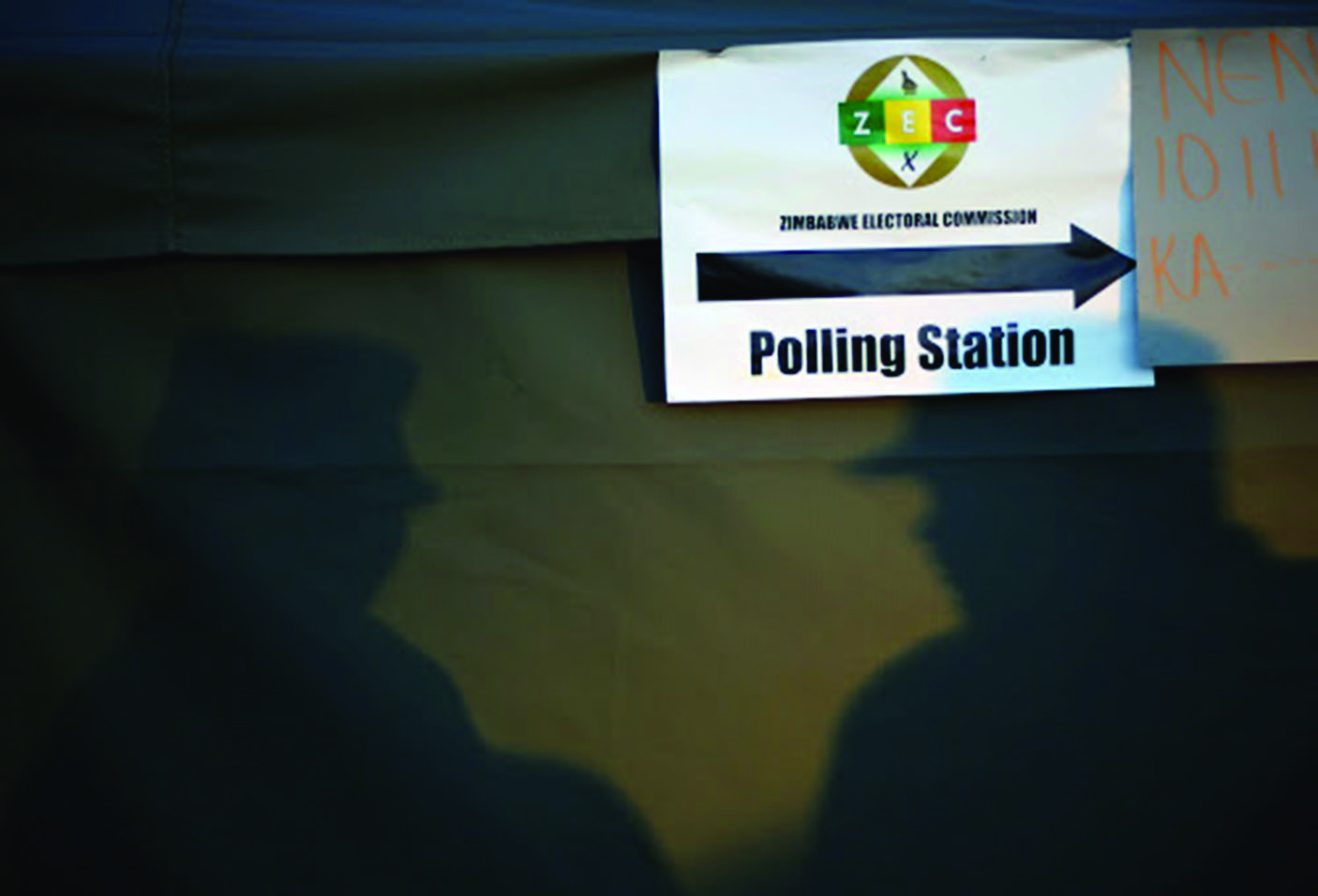
SYDNEY KAWADZA THE Zimbabwe Electoral Commission (Zec) recently announced that the number of registered voters is slightly above five million and this should be a matter of grave concern for a country that calls itself a constitutional democracy.
As we head towards the 2023 harmonised elections, the main political parties have set their targets at mobilising millions of voters — Zanu PF pledging five million votes for President Emmerson Mnangagwa with the Citizens Coalition for Change saying they would give Nelson Chamisa six million votes.
Zimbabwe has more than 7,8 million eligible voters out of a population of more than 16,3 million people, according to worldpopulationreview.com.
Universal suffrage is a democratic right for every Zimbabwean, but the number of registered voters indicated by Zec leave observers wondering why more than two million unregistered voters have no faith in the country’s electoral processes.
In an interview, political commentator and academic Alexander Rusero noted that elections in Zimbabwe never delivered people’s expression since 1980.
“You talk of Zanla’s intimidation of the rural electorate in 1980 that anything outside a Zanu PF victory meant a return to war, the annihilation of Zapu between 1980 and 1987, the violent decimation of Zum in 1990, and the sham election of 1995,” he said. “From 2000 onwards, following the end of Zanu PF’s de facto status of a one-party state, elections have been further reduced into a site of struggle, an extension of war.
“Zimbabweans have since retired from deriving any hope from the plebiscite because they know under the current realities of a securitised election and a militarised state, elections are merely a formality, it’s a choice-less democracy or rather voting without choosing,” Rusero added.
He said the final nail to the feasibility of regime change ushered through an election had been delivered through the calibre of recently nominated Zec commissioners.
- Chamisa under fire over US$120K donation
- Mavhunga puts DeMbare into Chibuku quarterfinals
- Pension funds bet on Cabora Bassa oilfields
- Councils defy govt fire tender directive
Keep Reading
Rusere said the removal of the late former president Robert Mugabe by the bullet and not the ballot eroded all hopes of elections as a democratic alternative to installing a government in Zimbabwe.
Political analyst Methuseli Moyo said there were too many counter accusations and allegations about electoral manipulation more than is being done to raise awareness around voter registration.
“There is too much negative energy around voter registration and Zec issues by activists. That energy must be matched by awareness about the need for people to register to vote,” he said.
“The opposition is partly to blame for preaching that election results are always rigged. People, therefore, do not see the reason to register and vote. It is a self-defeating strategy for the opposition.”
Moyo noted that Zec officials were comfortable in their offices, while abandoning awareness campaigns.
Another political commentator Effie Ncube said while half of the population is expected to be registered as voters, it was important to consider that Zimbabwe has millions of potential voters in the diaspora.
“Those people have been denied the right to register as voters or to participate in the electoral process. The state has gone to a great extent of preventing people in the diaspora from registering as voters,” Ncube said. “Those at home, particularly the youths, are not registering as voters because there is nothing for them that the government has done to the extent that the executive has failed to live up to the expectations of young people.”
He said the youths are reluctant to register as voters hence the need to bring in the diaspora vote to ensure maximum participation of all potential voters.
“What is needed is for the government to change the way it is handling the situation. It must attract people into participating as voters just by the way it is conducting itself by delivering jobs, public service and fighting corruption,” Ncube said.
“That is the only way the government can attract people as voters. For now, it’s all talk and no action on the ground to practically transform those people that are saying there is no need for me to vote.”
While all the blame is on the electoral processes, the government, and other issues related to governance, there is one fundamental organ that is failing the people.
As professor of World Politics Stephen Chan noted in an interview, Zimbabweans are disillusioned after voting since 1980 without seeing any change.
“Now they are seeing the Second Republic plummet into the world’s worst inflation rate with no concrete evidence that either party has the right detailed plan to start turning the economy around,” Chan said.
“I stress a ‘detailed’ plan, not a nice-sounding generalised plan. As the US Democrat party showed, it is the parties themselves that must lead the registration drive. More time is spent on this than any other aspect of campaigning. But registration, particularly among disadvantaged communities, is what won (US President) Joe Biden the presidency.”
The argument rests on the fact that the political parties need to do more to come up with sound principles to lure voters while also working to mobilise voters ahead of the 2023 harmonised elections.










